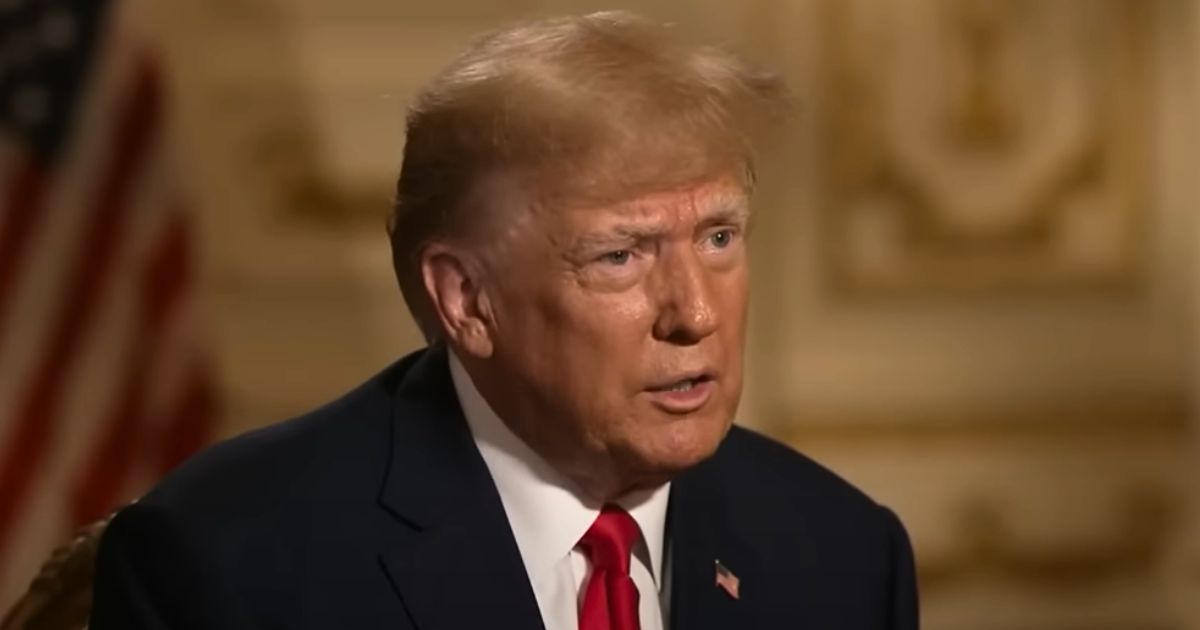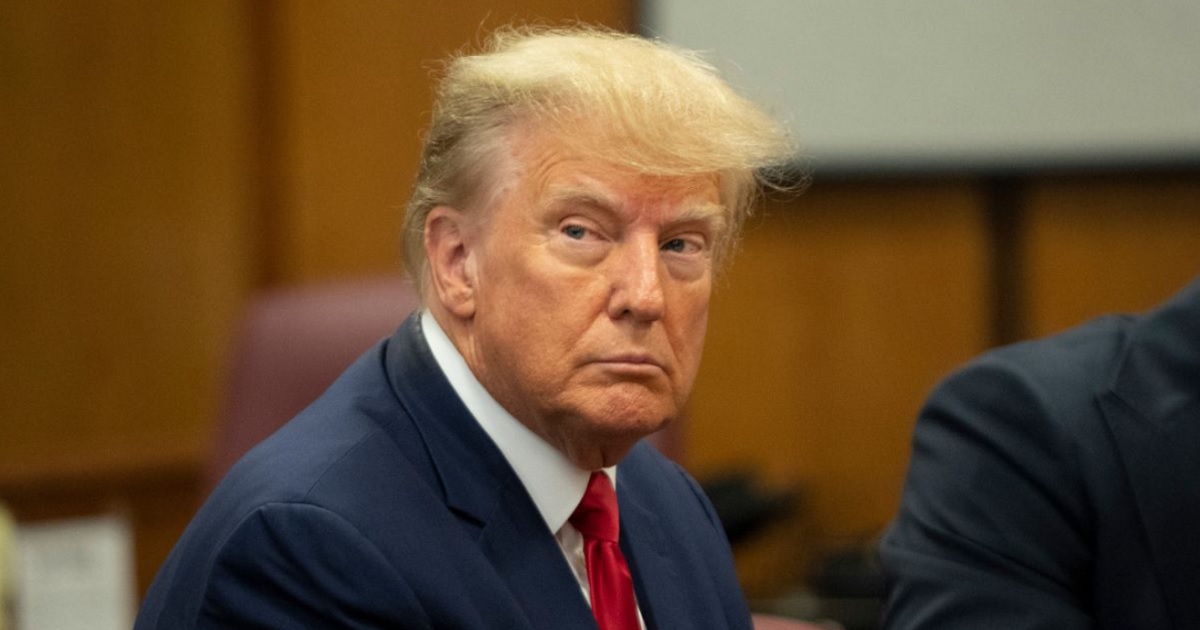White House unveils extensive Holy Week events as Trump champions Easter traditions
As Easter approaches, President Donald Trump, in collaboration with the newly formed White House Faith Office, is set to usher in an elaborate Holy Week celebration.
According to Fox News, Planned events range from a presidential proclamation to special dinners, all crafted to emphasize the significance of Easter and Christian values.
The White House's forthcoming week is structured around a series of religious observances, including a Holy Week proclamation, designed to celebrate and reaffirm the Christian faith. Spearheaded by the White House Faith Office under the direction of Jennifer Korn, this year's lineup is unprecedented in its scope and significance to the faith community.
Trump is expected to issue a dedicated Easter proclamation on Palm Sunday. This declaration will specifically address the Christian community, discussing the importance of religious freedoms in public sectors such as schools, the military, and workplaces, thereby emphasizing the administration's commitment to protecting Christian rights and values.
Presidential Video and Special Dinner Highlight the Week
In addition to the written proclamation, President Trump will release a video message on Monday, intended to address the nation's Christians at the start of Holy Week. The message is part of his administration's efforts to closely engage with faith-based communities.
Following the video message, a pre-Easter dinner is scheduled for Wednesday. This gathering is significant, not just for its attendees, which include notable Christian leaders like Pastor Paula White and political figures such as Karoline Leavitt, but also for its content, featuring performances and speeches that resonate with Christian-oriented themes.
White House Faith Office Takes Center Stage
The role of the newly established White House Faith Office is pivotal this Holy Week. According to office director Jennifer Korn, the office is tasked with coordinating the intricate details of the week's events, ensuring they reflect a profound respect for Christian traditions. "It will be a special time of prayer and worship at the White House to be shared with Americans celebrating the week leading up to Resurrection Sunday," Korn described.
The spectrum of activities includes a unique service dedicated to White House staff on Holy Thursday. This service will feature leaders from the Christian community leading prayers and worship sessions, accompanied by uplifting music from a Liberty University ensemble.
Contrasting Political Approaches to Religious Observances
Karoline Leavitt, shedding light on the establishment of the Faith Office, also drew sharp comparisons between Trump's current administration and the previous administration under President Joe Biden. Leavitt highlighted that under Biden, significant religious days such as Easter coincided with other observances like the Transgender Day of Visibility, sparking controversy among conservatives and Christian devotees.
Enhancing her critique, Leavitt last year criticized Biden's administration for what she termed a lack of sensitivity to Christian values. "We call on Joe Biden's failing campaign and the White House to issue an apology to the millions of Catholics and Christians across America who believe tomorrow is for one celebration only — the resurrection of Jesus Christ," she argued, stressing the sole importance of Easter for many believers.
Navigating the Cultural and Social Intersection of Religion and Politics
The integration of religion into presidential agendas isn't new but holds particular prominence in Trump's current term, reflecting an explicit promise he made to his Christian base. This promise focused on ensuring that their faith and its values are directly represented at the highest levels of federal governance through the establishment of the Faith Office.
Looking ahead, the administration's focus on Holy Week not only underscores its commitment to religious communities but also seeks to strengthen the dialogue around faith in public life, particularly at a time when national discussions about religious freedom are increasingly prevalent.
As the week unfolds, all events are positioned not only as civic observances but also as public affirmations of faith, aiming to unite the nation's Christians under shared traditions and beliefs, all while reinforcing President Trump's stance on religious liberty in a politically polarized environment.





